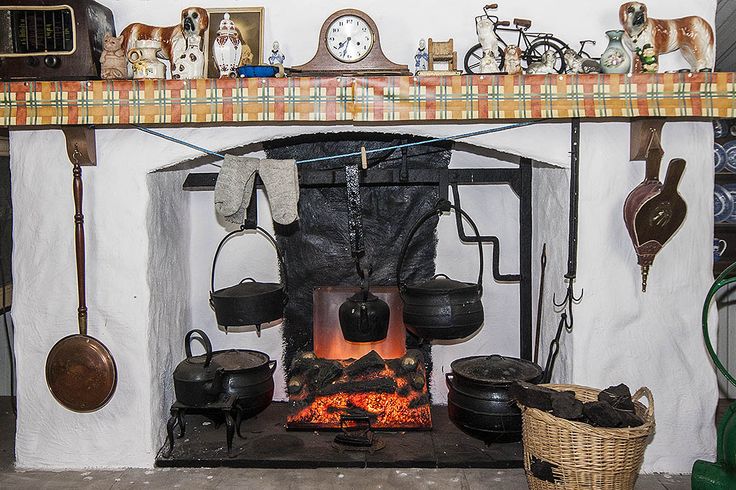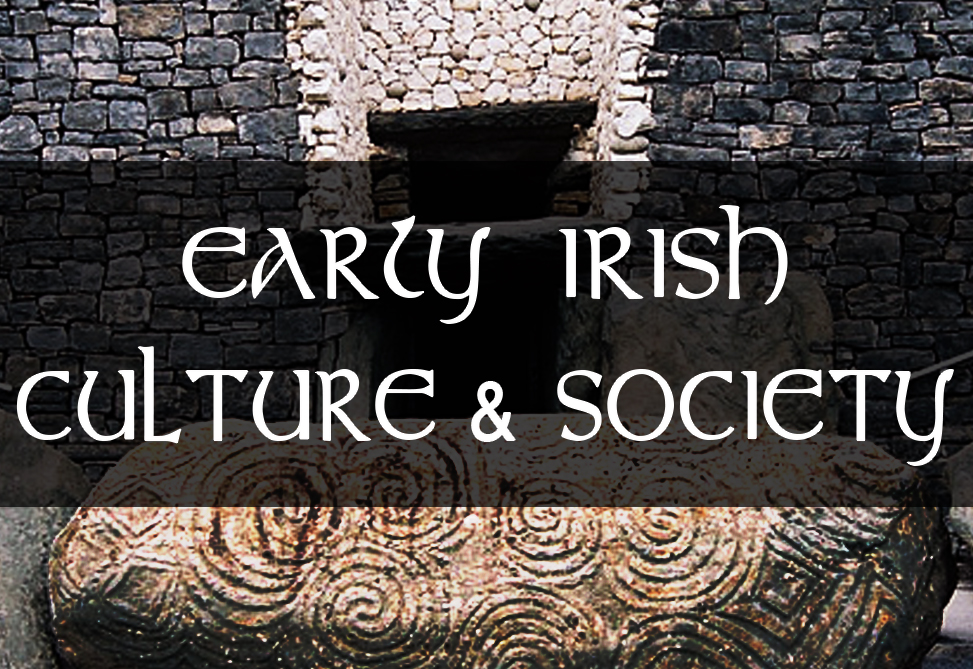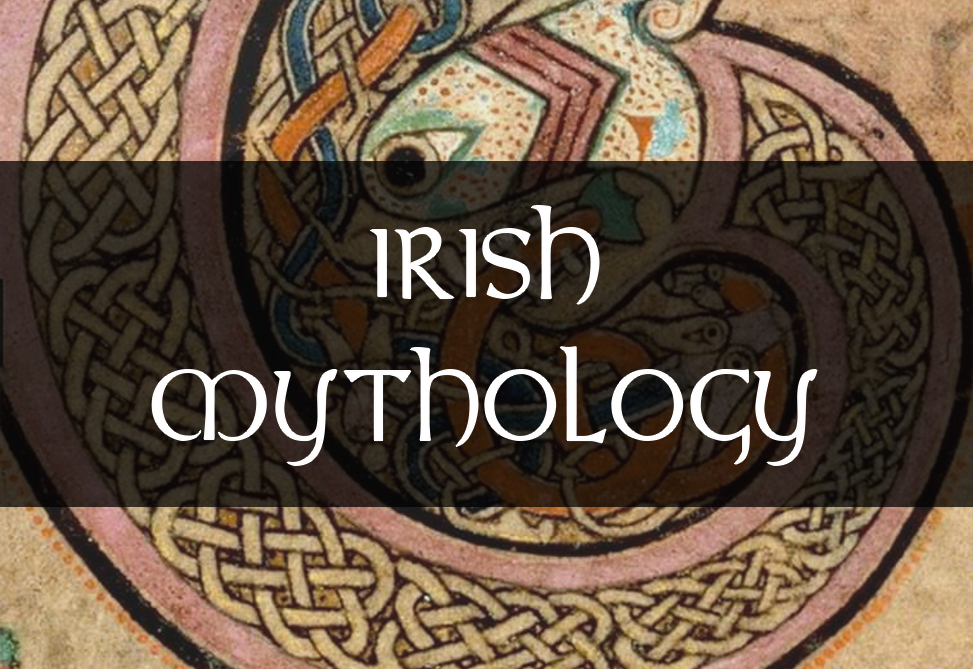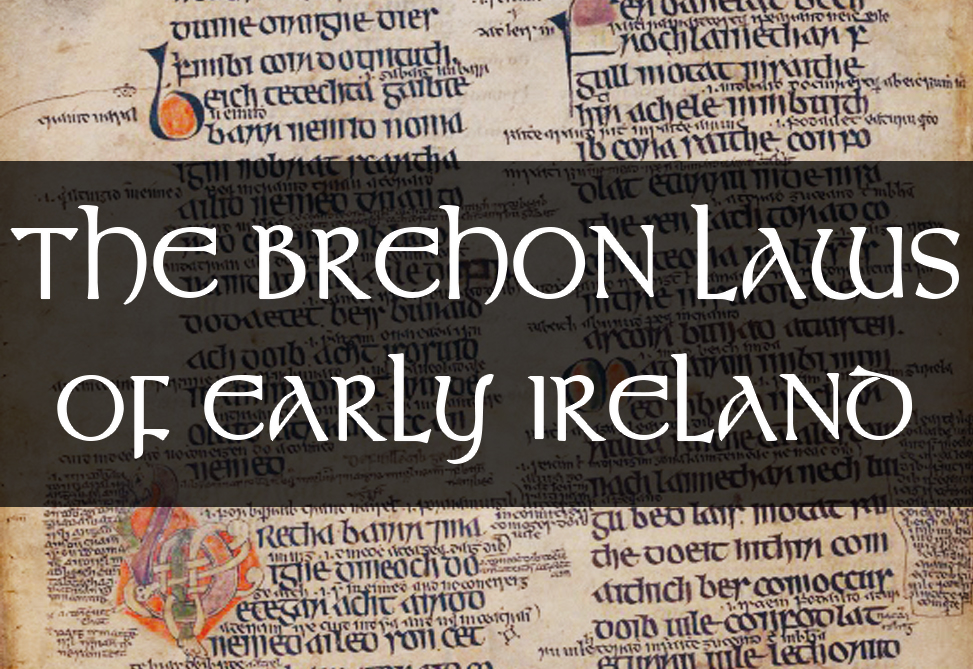This article is for anyone curious to learn more about their family history and genealogy. It includes essential resources, records, and strategies for successfully tracing one’s Irish ancestry. From vital records, census data, and parish registers to land records, probate records, and newspapers archives, we provide an overview of the many resources available for genealogical research. We also offer tips for navigating Irish genealogy databases, archives, and societies, as well as insights into understanding Irish surnames and building an Irish family tree. Whether you’re just starting your research or looking to expand your knowledge, this guide is a valuable resource for anyone interested in exploring their Irish heritage.
Tracing one’s roots is an age-old human endeavor, and for those with Irish ancestry, it can be an especially rewarding and enlightening experience. The history of Ireland is steeped in tradition, culture, and mythology, and exploring one’s Irish family history can provide a window into this rich heritage.
Genealogy research involves the collection and analysis of various types of records and information to identify ancestors, build family trees, and learn about one’s heritage. Irish genealogy research can be particularly challenging due to the historical displacement and loss of records, as well as the complexity of Irish family names and the many variations and spellings that can make it difficult to trace lineage accurately.
Remember that genealogy research is a journey, and the path may not always be straightforward. Be prepared to be flexible in your methods and patient in your approach. With persistence and curiosity, you can uncover the stories and experiences of your Irish ancestors and gain a deeper understanding of your heritage. Despite these challenges, Irish genealogy research is a popular and growing field, and there are many resources and tools available to help beginners get started.
History of Irish Family Names
Irish genealogy has a long and rich history, dating back to the ancient Gaelic tribes who first settled the island. In the medieval period, genealogy became a highly respected profession among the Irish nobility, who employed genealogists or “seanachies” to record their family histories and genealogies. These genealogies were often used to establish family connections, inheritance rights, and social standing.
According to the authority of ancient Irish manuscripts, it was in the reign of Brian Boru at the beginning of the 11th century when family names or surnames first became hereditary in Ireland. King Brian was the pioneer who introduced the practice of imposing a certain surname on every tribe, enabling easy identification of the family’s ancestry. Prior to his reign, surnames were not fixed, and discovering one’s lineage involved tracing a long line of ancestors.
This assertion has been reiterated by subsequent Irish writers, but none have attempted to question or provide proof. Nevertheless, it seems generally true that during this period, families adopted the names of their fathers or grandfathers in the formation of surnames. It is worth noting that a few pedigrees of acknowledged authenticity suggest that in some cases, surnames were assumed from more remote ancestors.
During the 17th and 18th centuries, many Irish families were displaced due to war, famine, and economic hardship. This led to a significant migration of Irish people to other parts of the world, especially the United States, Canada, Australia, and New Zealand. This diaspora has led to a growing interest in Irish genealogy research among people of Irish descent, who are eager to reconnect with their roots and discover the stories of their ancestors.
One of the unique aspects of Irish genealogy is the complex and varied nature of Irish family names. Unlike many other cultures, where family names are inherited patrilineally, Irish family names can be derived from multiple sources, including geography, occupation, and personal characteristics. For example, the name “Murphy” is derived from the Gaelic word “Ó Murchadha,” meaning “descendant of Murchadh,” while the name “O’Brien” means “descendant of Brian.”
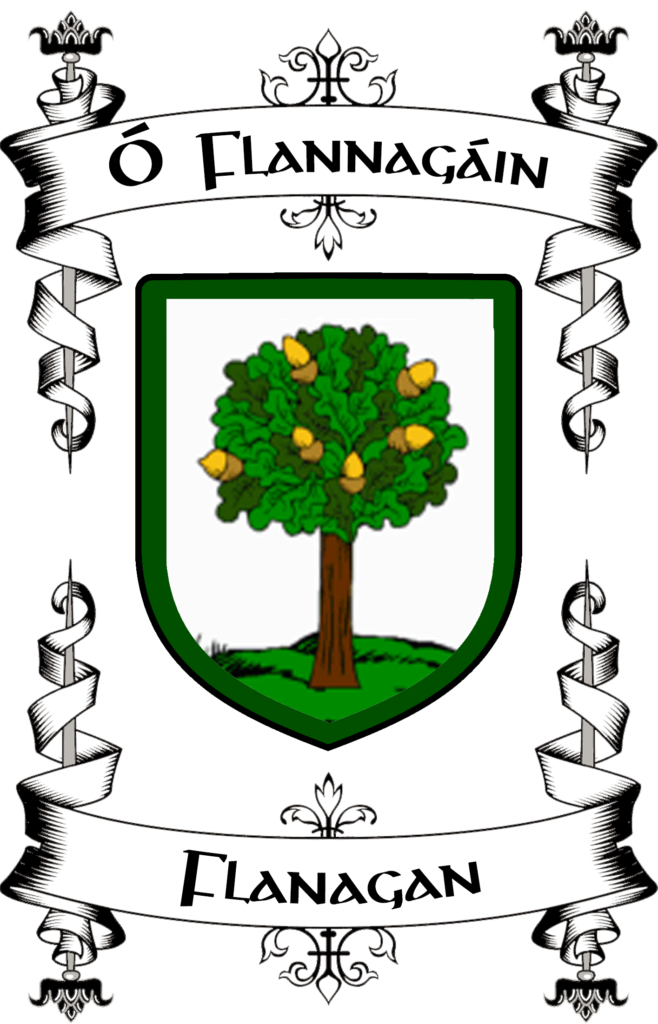
Over time, Irish family names have also undergone many changes and variations, as families adopted anglicized versions of their names or modified their spelling to suit local customs. This can make it challenging to trace Irish ancestry accurately, and it highlights the importance of careful research and the use of multiple sources to confirm family connections.
In addition to these historical and cultural factors, Irish genealogy research can be further complicated by the loss or destruction of many important records over the centuries. For example, many Irish census records were lost or destroyed during the Irish Civil War in the early 20th century, making it challenging to trace family history during that time period.

Despite these challenges, there are many resources and tools available to help beginners get started with their Irish genealogy research. Read on to explore some of the most essential tools, records, and strategies for tracing your Irish roots and building your family tree.
Tools, Research, and Practical Steps for Tracing Your Irish Roots
Now that you have a better understanding of Irish genealogy and its history, it’s time to dive into the practical aspects of researching your Irish ancestry. In this section, we will cover various tools, resources, and research techniques that can help you uncover your family’s past.
With the right tools and techniques, you can delve into your family’s history and discover the stories and experiences of your Irish ancestors. Whether you are a beginner or an experienced researcher, these tips and strategies can help you make the most of your genealogical research.
Start by organizing your research and setting clear goals. Use online and offline resources to gather information about your family and their history, and don’t be afraid to ask for help or collaborate with other researchers. Consider joining an Irish genealogical society to access additional resources and connect with fellow researchers.
Check out this clever Irish Surname Map from barrygriffin.com which gives you maps showing the distribution of 1000s of Irish surnames across Ireland. Admittedly, the data is pulled from the 1901 and 1911 censuses, and so is not completely up to date. But this is still an interesting resource that gives you a snapshot of where your family name was most heavily based and how they have dispersed over the years.
Irish Records and Resources
Irish genealogy research often starts with vital records such as birth, marriage, and death certificates. Civil registration of births, marriages, and deaths in Ireland began in 1864, so before that, you will need to rely on church records. Parish registers can be an excellent source of information, but they are not always complete or available. The National Library of Ireland has digitized many of these records, and they can be accessed online for free. Another option is to check with the relevant local parish or diocese to see if they have records available.
For more recent records, you can check the General Register Office (GRO) in Roscommon. They hold records of births, marriages, and deaths from 1864 to 1958 and indexes of births, marriages, and deaths from 1864 to 1921. You can order certificates from them online or by mail.
Census records are another valuable resource for genealogical research. The first census in Ireland was taken in 1821, but most of the records were destroyed in a fire in 1922. The next available census records are from 1901 and 1911, and they can be accessed online for free through the National Archives of Ireland website.
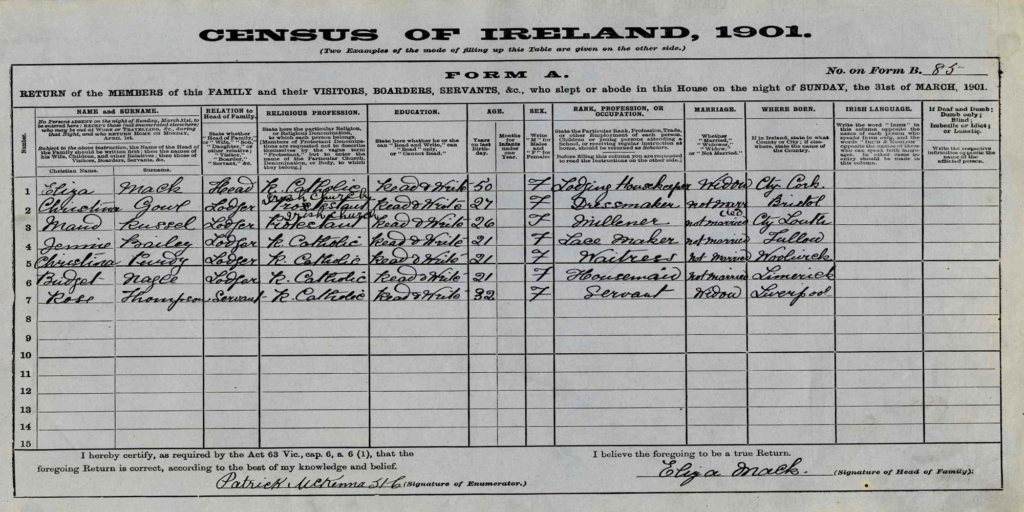
Land records can also be useful in tracing your Irish roots. The Griffith’s Valuation is a primary resource for land records, and it can be accessed online through various websites, including Findmypast and Ancestry. The valuation was conducted between 1847 and 1864 and includes maps, tenants’ names, and landowners’ names.
Probate records, such as wills and letters of administration, can also provide valuable information about your ancestors. The National Archives of Ireland holds most of these records, and they can be accessed online or by visiting the archives in person.
Emigration records are another critical resource for Irish genealogy research. Many Irish people left the country during the Great Famine in the mid-19th century, and millions more left in the following decades. Ellis Island in New York is a well-known entry point for immigrants, and their records can be accessed online. You can also check passenger lists and ship manifests at the National Archives of Ireland or the Public Record Office of Northern Ireland.
Irish Genealogy Websites and Databases
Several websites and databases can assist you in your genealogical research. Some of the most popular include:
- IrishGenealogy.ie: This website provides free access to various Irish genealogy records, including civil registration records and census records.
- RootsIreland.ie: This website has the most extensive collection of Irish church records available online, with over 20 million records.
- Findmypast.ie: This website provides access to various Irish records, including vital records, census records, and Griffith’s Valuation.
- Ancestry.com: This website has an extensive collection of Irish records, including census records, passenger lists, and probate records.
- Irish Newspaper Archive: This websites provides access to Irish newspaper records.
- The Irish National Archives: Guide to records deposited with the archives.
- “Irish Clans, People, and Genealogy Books” section of the Brehon Academy members library contains over 20 resource books to encourage your research.
Irish Genealogical Societies
Joining an Irish genealogical society can provide you with access to resources and a community of fellow researchers. Some of the most prominent societies include:
- Irish Genealogical Research Society: This society has members from all over the world. They provide various resources for genealogical research, including a library and a quarterly journal. (https://www.irishancestors.ie/)
- Irish Family History Society: This society is based in Dublin and provides a range of resources and events for family historians, including a quarterly journal, online forums, and an annual genealogy conference. (https://ifhs.ie/)
- The Irish Ancestry Research Centre: This society is based in County Limerick and specializes in research for people with Irish roots. They offer a range of services, including research packages, consultations, and access to genealogical databases. (http://irisharc.org/)
- Other societies include the North of Ireland Family History Society, the Ulster Historical Foundation, and the Cork Genealogical Society. Consider joining a society that specializes in the area where your ancestors lived or has resources that are relevant to your research.
